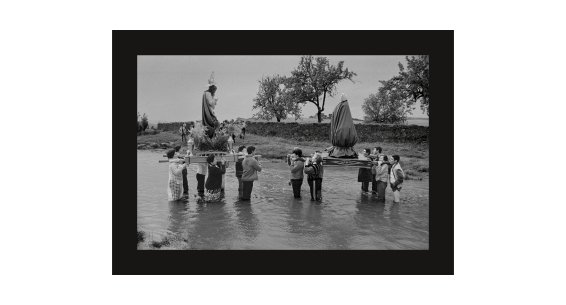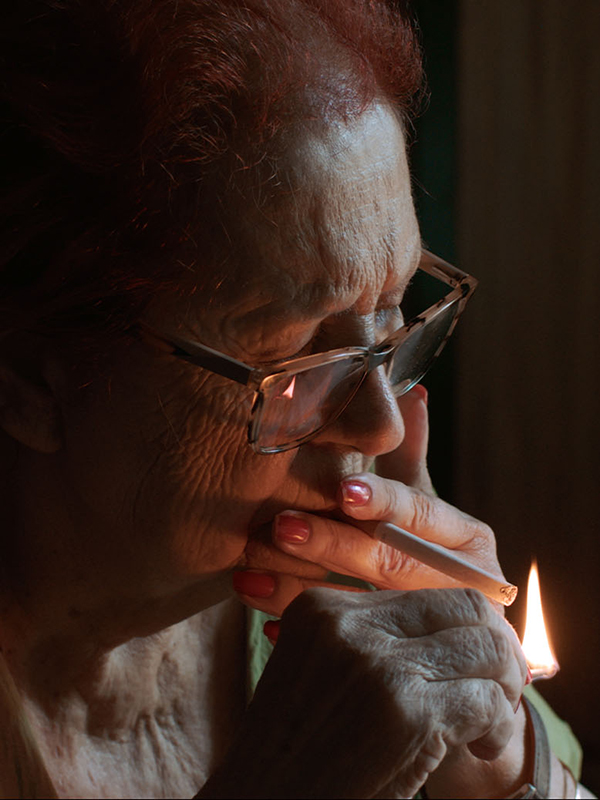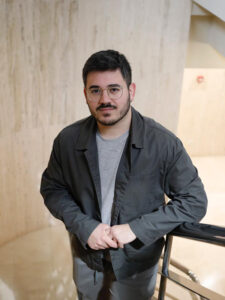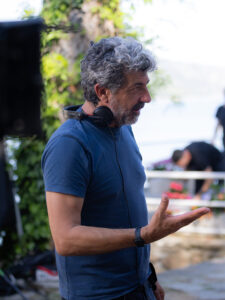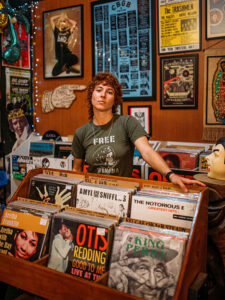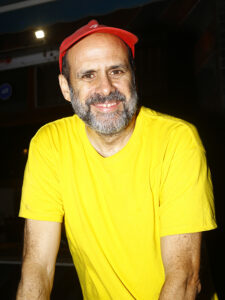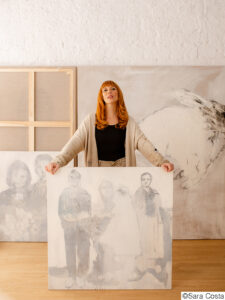Among the most difficult things one can face in life would be the experience of discovering, any day, that someone you love, someone in your family, has committed a despicable crime. This is what the Valencian director Daniel Tornero discovered one day of the year 2018 when, in one of those calls that are never forgotten, His father told him that his grandfather had been arrested for a case of child abuse.. The event would mark a before and after for the director. As he says in this interview, Turner and his family, his father, his mother, his grandmother, his brothers, his uncles and cousins went through every stage imaginable, from initial rejection to shame, going through logic misunderstanding. How is it possible that your grandfather would have done something like that??
After a couple of years, the questions still did not find a satisfactory answer. From there it was born Saturn, a documentary project in which Tornero and his family would face this event in order to find those explanations that would repair the wounds that had been left open.. On the one hand, Tornero will face his grandfather, whom he once loved unconditionally, so that explains it, tell him, to understand. On the other, there was the figure of his father, a man, according to the director, marked by a complex relationship in which unreserved hatred is mixed with an affection that resisted against the same contempt that the memory of what he had experienced produced.. Can you love and hate someone at the same time?? What emotional mechanisms move in the depths of our consciousness? How are we really? What things make us?, Tornero seems to ask himself in this documentary with the aim that, then, we also wonder.
Saturn would be selected as Best Documentary Project in development at the Talent Laboratory of the Atlántida Film Fest in 2021 and would become part of the Film Academy Residency Program between the years 2021 y 2022. After this process, Tornero's idea would become a film that would end up participating in the Official Documentary Section of the Malaga Festival and that now it comes to theaters. It will be at ABC Park on days 25, 26 y 27 October.
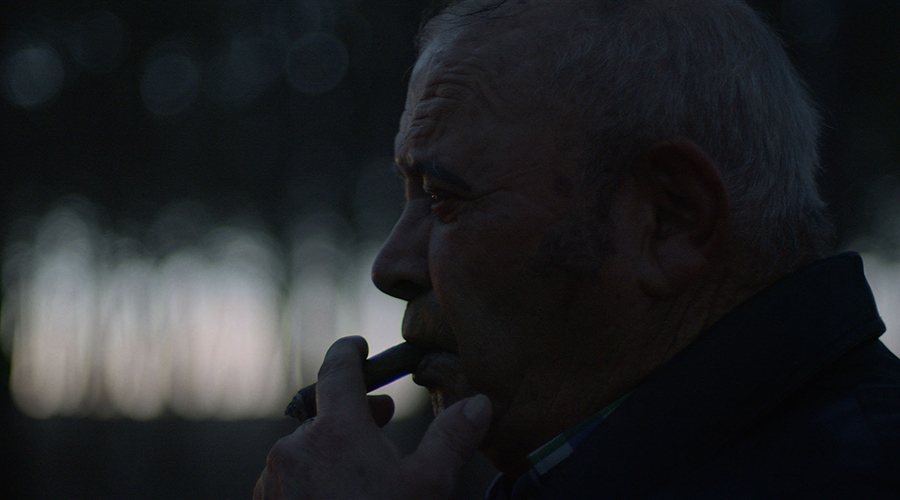
In a moment of Saturn one understands that, somehow, You are the last one in your family who has news of what your grandfather has done.. What was your reaction when they told you about the case??
Bueno, I really don't know if I was the last, I think we all found out a little at the same time.. Then, a family care process begins, integration, acceptance of what is happening. There are many emotions, at a very complex level, that are happening within oneself. There is the fear, shame, the pain, all this is living within each one of us and we. Then, A first year or year and a half passes in which what we are doing at the family level is taking care of each other and trying to accept and understand what has happened in our family..
At what point did you realize that you wanted to make a film about it??
From this first year or year and a half, more or less, is when, talking to my father, I am beginning to understand that there is a great conflict at the parent-child level that is taking place within himself.. He asked me, what I do? How is this managed now?? How can I relate now to all these emotions? Why, in the end, is his father, but he has also done something terrible. In that great internal conflict, in that “he's my father”, I felt that there was a possibility of addressing the issue of parent-child relationships, of family relationships. Forks, from this idea, when I contact each and every member of my family, with my father, with my aunts, and I tell you that I am thinking of making a film about what we are experiencing and that I would like to make it with your company.. And the truth is that I couldn't be more grateful.. I am very lucky because my family, from the first moment, he trusted me as a filmmaker, but also as a nephew, as a son, like brother, and this is something that I carry very deep in my heart., that trust.
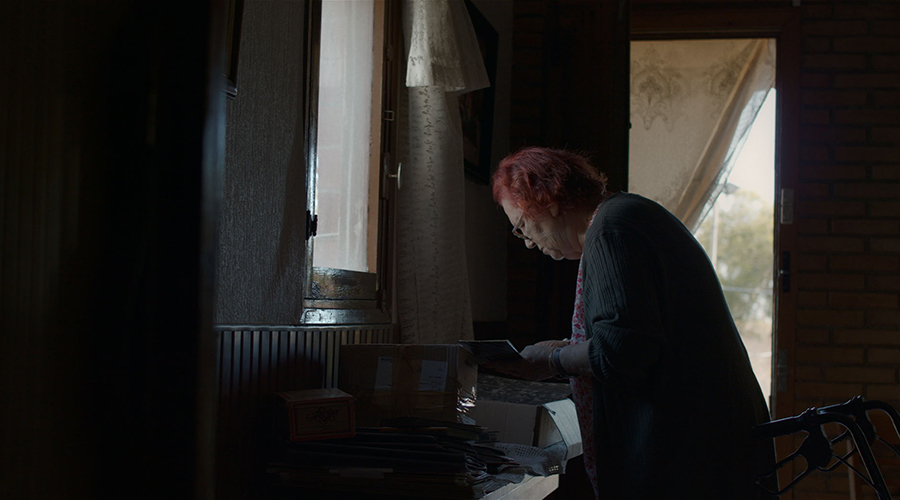
Seeing her, you understand that the film is made with few resources. How do you approach production??
We have been in production since the beginning of the film with [the producer] Jaibo Films, who have also been wonderful travel companions. At first, We started filming with my grandfather because his situation was the most pressing., since he could go to prison at any time. In that sense, We always consider a production with a small team so as not to be intrusive, always wanting to respect that family sensitivity and not generate this cinema climate that, sometimes, can be so aggressive, that of arriving with a lot of means and overwhelming the people in front of you. I think that, as filmmakers, We also have a responsibility when we film people. In this case, For me this was very important. That is to say, that we didn't get there in an extractivist way, but always trying to relate in a horizontal way. And in that, the small team helped a lot to build this relationship of trust..
in the movie, the characters, who are your family, they are quite sincere in front of the camera. How did you approach those moments?, let's say, extract from them that intimate side by existing that relationship between you and telling what the film tells? How did you approach those moments of filming at the direction level??
Bueno, we work, on the one hand, with the “setting in situation” proposed by filmmakers such as Jean Rouch and José Luis Guerín, who I was lucky enough to work with as a mentor. That is to say, Our idea was to establish a framework of action in which the characters could articulate and create those fragments of life that we have tried to capture., establishing that relationship of trust in which we were not going to be intrusive, but we were going to respect their privacy. And from that place of non-intrusion is where we have tried to build the sequences. Sometimes themes were stated explicitly., Sometimes they themselves were the ones who raised the situations and, based on that, we were adapting, leaving space for life to permeate the film.
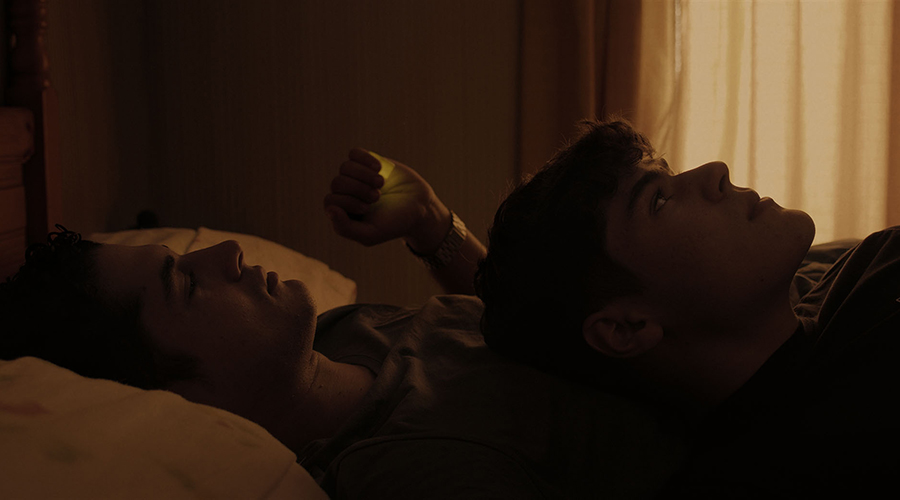
In that sense, What position did you have regarding subjects who are characters and family at the same time??
Bueno, in the end, For me the most important thing was to find my space as a filmmaker, but also allow me the possibility of being part of the family, not to establish a wall between us, to remain linked, continue being part of that entire process. I think the most complex thing was finding that path.. I feel that the filmmaker cannot be dissociated from the person., the relationship remains close.
The first person who examines the film is your grandfather.. It seems impossible for anyone to pay, in that situation, to stand in front of a camera to open up the way he does. What do you think encouraged him to accept your proposal??
Bueno, I think that perhaps that is a question that he could answer better.. I think it has to do precisely with this relationship of trust., to understand that cinema is not a way to violate the people in front of the camera, but it is a way of exposing these situations in a complex way. I believe that understanding this relationship allowed my grandfather to be honest.. There was also a previous relationship between us. Before this happened, he was my grandfather, and I think that is also inseparable from filmed reality.
I meant, above all, to the danger of exposing yourself, to tell something that could clearly compromise or harm you.
Yeah, Of course. The truth is that, in that sense, I don't know how he articulated his thoughts.. I think it's something he could answer you better.. What we tried was to generate a security framework so that it could relate in a non-coerced way with the camera., but in a way that is as horizontal as possible.
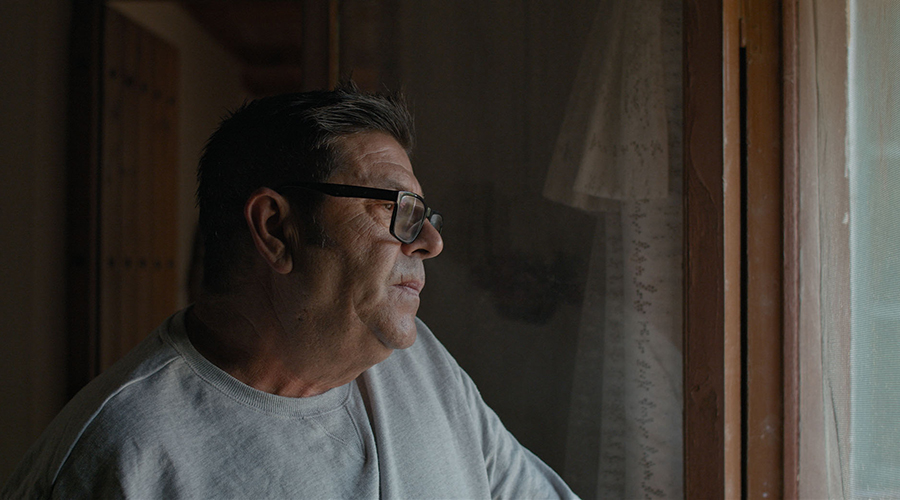
Another character who examines the film, is your father. At some point, When I watched the movie I felt like maybe you were being too hard on him., especially in that conversation he has with your brother. I would say that he is the only one who really examines his conscience and gets to the bottom of the situation.. How do you perceive it?
Yeah, I believe it, fully. Of course, my father has a very big emotional journey in the movie. And if, There are moments of great hardness in his relationship with my brother., For example, or in the way we relate, myself even. There are moments of great hardness that perhaps have to do with wounds that are there., rooted. But I feel that, in that sense, The film has also been transformative and has been able to shed light on our relationships. For me, something nice that occurs in the film is that, although it can be conditioned by the people who live there., It also has a transformative power. That horizontal dialogue between cinema and life, where one has effects on the other, I think it is something that speaks a lot about the power of cinema..
There is a moment when there is a family meeting in which you propose taking your grandfather's victims into consideration., in which no one, you say, are you thinking. Then, there is a rejection reaction, I would even say fed up, of your family in the face of the situation posed by the film or the film itself. Did you ever think about whether you were entering into territory you should not tread?, that you touched some red line that was not convenient?
Bueno, I think it was important to put this issue on the table.. I think it is important to revisit ourselves and not silence anything, much less to the victims who suffered abuse at the hands of my grandfather. In that sense, We considered it important that, in addition to addressing our own emotional journey, we would put it in relation to what he had done.
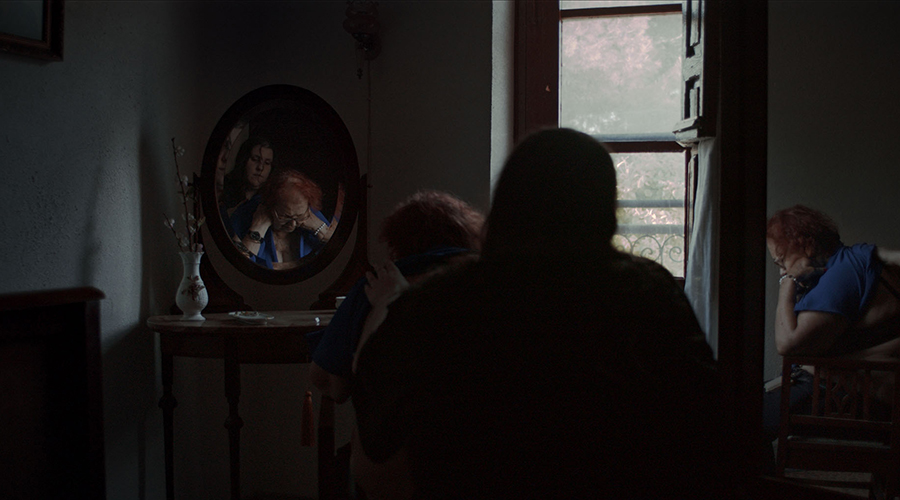
As a family member and director, Did you ever think about whether you could have made a mistake by getting involved in this story??
Bueno, Yeah, Of course. There's a lot of self-reflection when you're making a film because, in the end, you are generating this space for dialogue. But as always I have felt so supported by my own family and the team, The truth is that I always had a very wide network to which I could benefit.. For me this was essential, I have always felt very cared for.
How would you say your family is after this experience??
Bueno, I think transformed, the truth. Evidently, It is a process that remains open. I think maybe it will stay open all our lives, but I also have the feeling that the film has promoted a transformation. Now we relate, believe, in a more beautiful way, and this is something that I take away.
We have talked about the film from within, from your family's point of view. But, How do you project this work outwards?, towards the viewer? What questions would you say the film raises??
I believe that the most important thing is that each viewer can make the film their own and can travel with it in an intimate way.. I think the most beautiful thing that is happening right now is seeing how very intimate links are established between the film and the viewers.. The colloquiums that we have always done are very nice and I hope that this continues to be the dynamic. What, in the same way that my family has established this dialogue with the film, now the film establishes more dialogues with the viewers.

